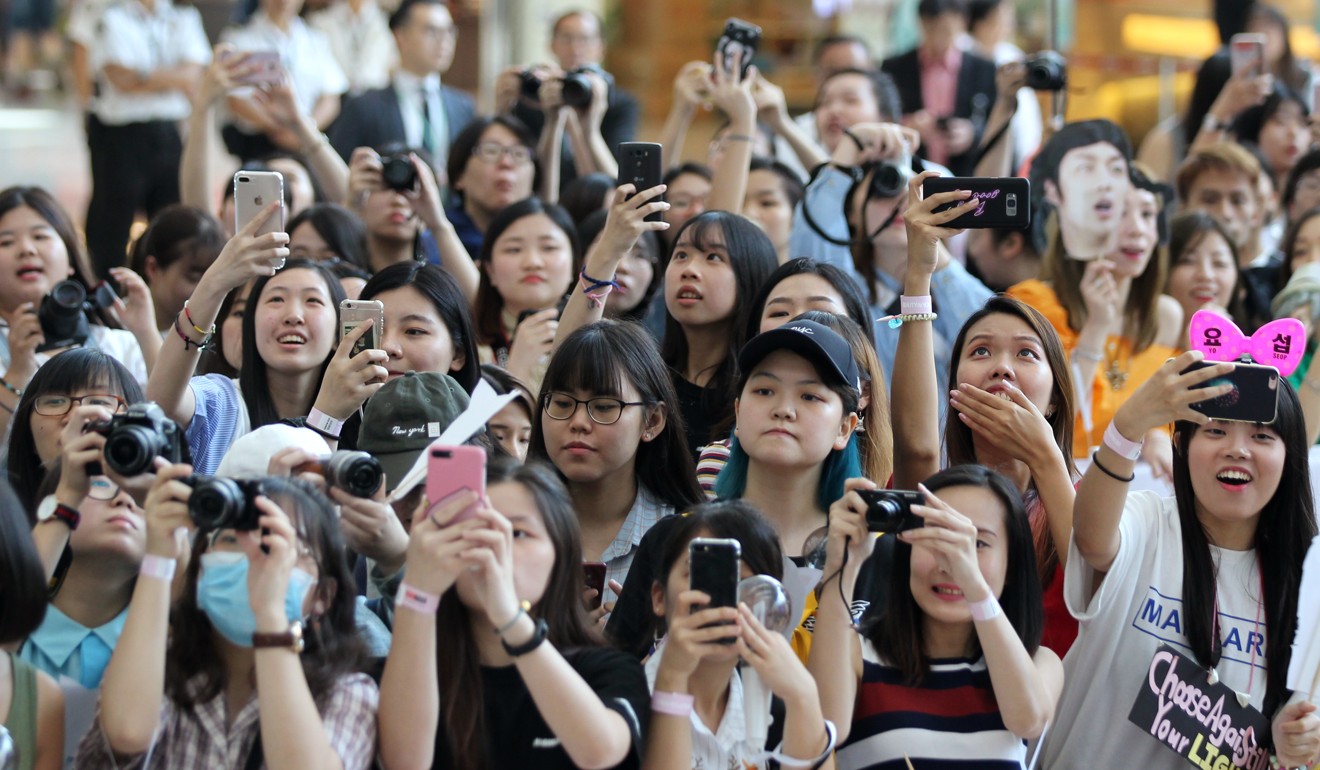
What South Korea’s star turn at the Fifa World Cup can teach China
Peter Kammerer says there are many reasons why a football fan supports a particular team, but in the case of Hongkongers’ support for South Korea, its soft power – in the form of popular dramas and K-pop – surely plays a major role
Being half German, my allegiances were natural. Of everyone else, the roar each time the South Koreans touched the ball and the silence when a German player made a move ensured I kept my emotions to myself.
I couldn’t fathom what was going on; Germany were the defending champions and the South Koreans had almost zero chance of progressing into the next round of the competition. How could I apparently be the only one to want to back the obvious winner? But history was being made and the Koreans prevailed, with the German team crashing out before the knockout stage for the first time since 1938.
I’m not a staunch fan of the sport, so the loss bothered me less than the intrigue of a bar full of people crowing over how wonderful “their” team had been, even though it failed to make the final 16 because of Sweden’s 3-0 defeat of Mexico.
There’s no argument that the South Korean victory was special. It was flavoured with the underdog paradigm, in which the possibility of the champion being unseated in the mould of David and Goliath is energetically set upon by fans; I wincingly witnessed that.
Watch: Highlights of South Korea’s 2-0 win over Germany
Then there were the fairy-tale stories of the goalscorers, Kim Young-gwon, who went into the match being hated by South Koreans for calling them “frustrating” and “too noisy” last year, and star forward Son Heung-min, who plays for English team Tottenham Hotspur, but whose international career began in the Bundesliga.
But there were other factors for a Chinese audience to get behind the Koreans. Global events like the World Cup promote themselves as bringing the world together, allies and enemies alike, in the name of sport and, in doing so, build bridges and understanding.
Alas, I saw none of that, even from myself. Instead, there was blatant racism, with Asians – understandably – getting behind Asians and in my case, for genetic reasons, Germany.
There’s nothing wrong with that, of course: it’s only sport and as long as the racism doesn’t go too far and politics isn’t in play, that is as it should be.
Watch: Kim Jong-un and Vladimir Putin lookalikes at the World Cup
So, now for my theory, seemingly held by no one but me, if my crude in-house survey is any guide. I believe that a sizeable chunk of the fandom urging South Korea to belittle Germany in the bar that night was because Hongkongers have been brainwashed into thinking that all things South Korean are good.

Peter Kammerer is a senior writer at the Post

